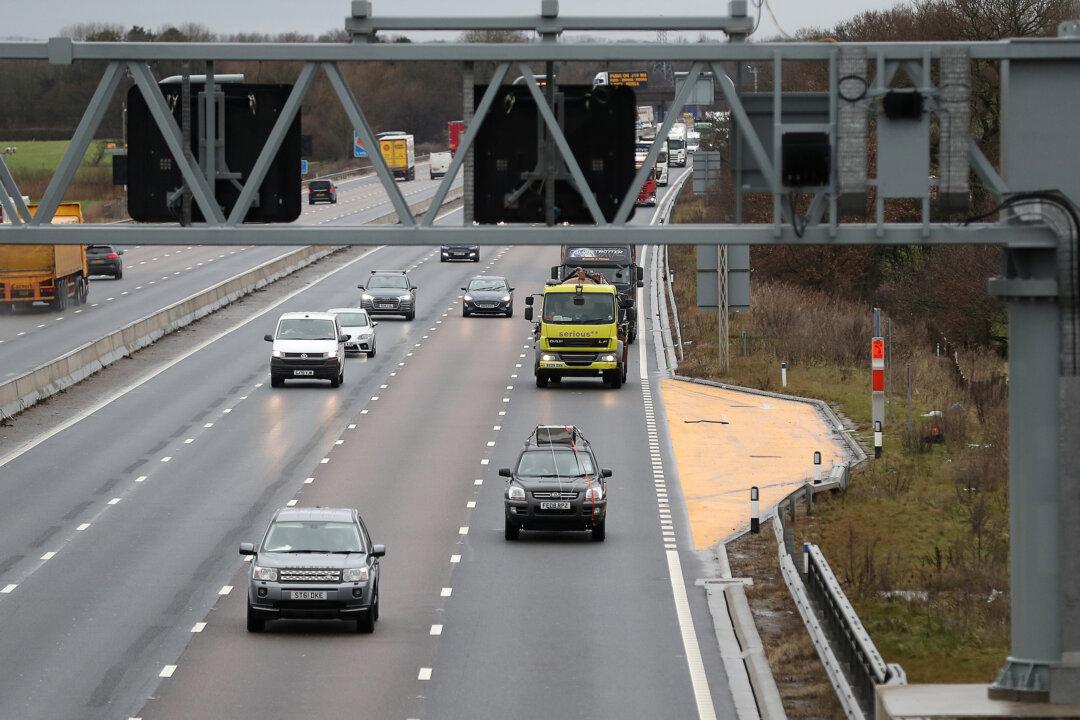All existing “smart motorways” should be scrapped, road safety campaigners and motoring groups have said after the UK government axed plans for any new routes.
Prime Minister Rishi Sunak announced on Saturday that all plans for new smart motorways have been cancelled, citing financial pressures and safety concerns.





